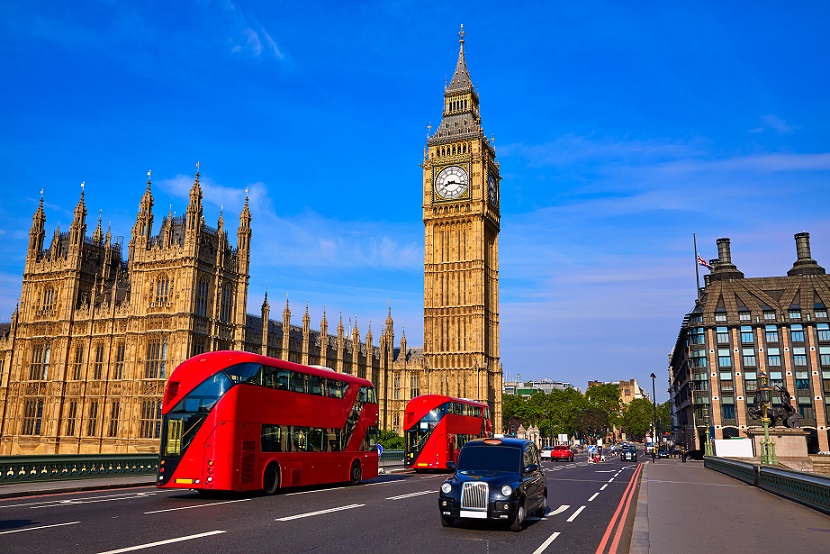TOURIST VISA
A tourist visa is a type of visa that allows individuals to enter a foreign country temporarily for the purpose of tourism, leisure, or visiting friends and family. Tourist visas are usually issued for a specific duration, ranging from a few days to several months, depending on the policies of the country issuing the visa. Here are some key points to know about tourist visas:
-
Purpose: Tourist visas are intended for individuals who want to visit a foreign country for non-business, non-immigrant purposes, such as sightseeing, visiting tourist attractions, attending cultural events, or spending time with friends and family.
-
Application Process: The process for obtaining a tourist visa varies from country to country. In most cases, you will need to submit a visa application to the embassy or consulate of the country you plan to visit. The application may require supporting documents, such as a valid passport, proof of sufficient funds, travel itinerary, and sometimes a letter of invitation.
-
Duration: The duration of a tourist visa typically varies based on the issuing country’s policies. Some countries issue tourist visas for a specific number of days, while others may offer visas for a set period, such as 30, 60, or 90 days.
-
Extension: Depending on the country and visa type, it may be possible to extend a tourist visa if you wish to stay longer than the initially granted duration. Extension procedures and eligibility criteria also vary by country.
-
Visa Fees: Most countries charge a fee for processing tourist visa applications. The fee amount can vary widely and is often non-refundable, even if your visa application is denied.
-
Visa-Free Travel: Some countries have bilateral agreements with other nations that allow citizens of those countries to enter for tourism without requiring a visa. These are often referred to as visa-free or visa-exempt travel arrangements.
-
Visa-on-Arrival: In some cases, travelers may be able to obtain a tourist visa upon arrival at their destination. However, the availability of visa-on-arrival options and the specific requirements vary from country to country.
-
Visa Validity: The validity of a tourist visa refers to the period during which you can enter the country. It’s essential to adhere to the visa’s validity and not overstay, as doing so can result in penalties, deportation, or future visa restrictions.
-
Restrictions: Tourist visas typically have limitations, such as prohibiting work or study during the visit. Engaging in activities not permitted by the visa can lead to legal consequences.
-
Planning Ahead: It’s advisable to research the visa requirements and application procedures of the country you plan to visit well in advance of your trip. Application processing times can vary, and some countries may have specific requirements, such as medical examinations or background checks.
Before applying for a tourist visa, make sure to check the official website of the embassy or consulate of the country you intend to visit for the most up-to-date information and requirements related to tourist visas. Additionally, consider travel insurance and other necessary preparations to ensure a smooth and enjoyable trip.



